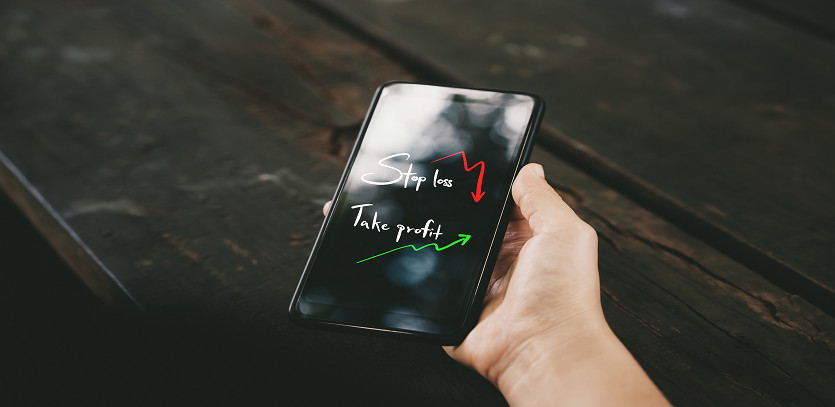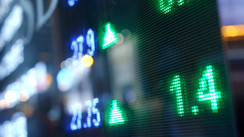Demystifying Trading Orders
A trading order functions as a directive given by a trader to a broker to either purchase or sell a security. These directives are employed to enter, alter or pull out of a trade. Each type of trading order is imbued with unique characteristics of its own.
The Nuances of Different Trading Orders
There are varied species of trading orders - some of the more prevalent varieties are as follows:
1. Market orders: The most rudimentary form of trading order. Such orders find execution forthwith and at the most favourable price.
2. Limit orders: These orders designate a ceiling price for buying or a floor price for selling beyond which the trader is unwilling to transact. This order comes to life only when prices hit the specified target.
3. Stop orders: Designed to safeguard profits or place a cap on losses, the market price reaching a pre-determined level triggers these orders.
4. Trailing stops: A variant of the stop order, trailing stops trail the market price, locking in profits or limiting losses as the market fluctuates.
Why Use Trading Orders?
Trading orders serve an array of purposes. They facilitate:
• Entry or exit from a trade at a particular price.
• Safeguarding profits and capping losses.
• Smooth execution of automated trading strategies.
• Enhancement of execution quality.
Picking the Right Trading Order
A myriad of factors like the trader's objectives, market fluctuations, and trade volume play a role in deciding the ideal trading order. For instance, a limit order would suit a trader keen on transacting at a particular price while a trader looking for profit protection would opt for a stop order. Automated trading strategies usually pair well with trailing stops.
Matching Trading Styles to Orders
Different trading styles align better with different orders. Day traders banking on short-term price swings generally opt for market or limit orders. Trailing stops and stop orders are more often the choice of swing traders profiting from long-duration trends.
Conclusion
Undoubtedly, trading orders form an indispensable apparatus for traders. They are instrumental in carrying out diverse tasks – entering or exiting trades, profit protection, curbing losses, and automating trading strategies. The right trading order for a given scenario would vary depending on trader objectives, market ups and downs, and trade volumes.
-





